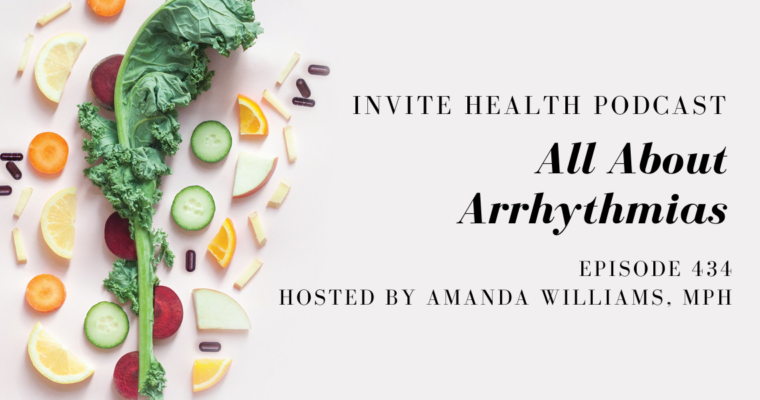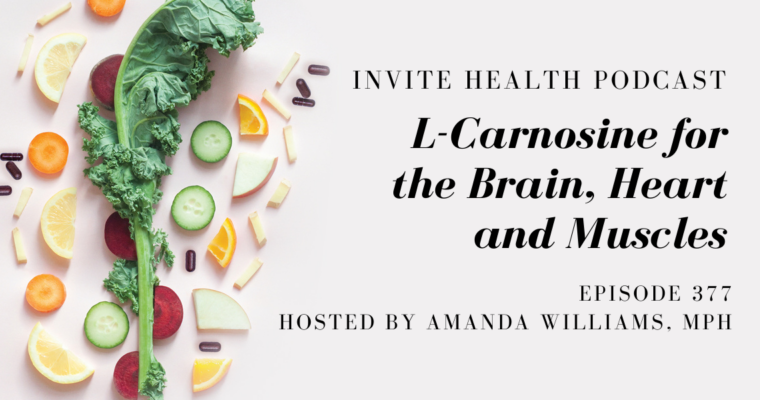Written by Melissa Bistricer, RDN Circulation
For further questions or concerns email me at melissa@whiskingnutrition.com
Did you know that everyday our hearts are pumping about 1,800 gallons of blood through our blood vessels? Over a lifetime, our circulatory system carries about a million barrels of blood throughout the body.
What is Circulation?
Circulation is a process by which the heart pumps a person’s blood throughout the body. Having proper circulation is key to maintaining optimal health. Circulation in the body ensures that blood and oxygen continuously flow throughout the body. Circulation helps to heal wounds faster, allows organs to function properly, keeps the brain sharp, keeps the heart healthy, and gives your complexion a natural flush.
Risk Factors of Circulation
Risk factors of circulation can result in peripheral vascular disease in which circulation of blood to the body is reduced due to the narrowing or blocked blood vessels. Specific risk factors that are associated with poor circulation are diabetes, obesity, smoking, specifically prescribed medications like statins, or a sedentary lifestyle. If you feel like you’re experiencing poor circulation, pay attention to signs of pain, cramping, swelling, restlessness, and fatigue.
POOR CIRCULATION TO THE LEGS? THESE NUTRIENTS CAN HELP – INVITE HEALTH PODCAST, EPISODE 475 >> LISTEN NOW!
Ways to Improve Circulation
The best two ways to improve circulation throughout the body is to have a balanced diet and incorporate exercise. Staying hydrated, and avoiding smoking are also beneficial ways to help improve circulation.
Circulation Nutrition Therapy
Diet and exercise are big components of helping circulation. Diet-wise, we want to incorporate more sources of omega-3 fatty acids with foods such as fatty fish (salmon, sardines), walnuts, or flaxseeds. Specific foods that research has found to help increase blood circulation and blood flow are garlic, capsaicin, turmeric, ginger, nuts, citrus, and berries. Trans fats, saturated fats, excess salt, and added sugars are all sources of foods that should be avoided to improve circulation and blood flow in the body.
Exercising regularly, aerobic exercise specifically, can help to improve circulation. Aerobic exercises are those that make a person out of breath such as jogging, swimming, dancing, boxing, or brisk walking.
Vitamins, Minerals, & Herbs
In conjunction with diet, we can always benefit from a natural nutritional supplement to help us improve circulation. In our circulation health program, we have two supplements that are recommended: Grape seed extract and Veins Hx. Looking into research studies, they have both been shown to have positive outcomes in supporting healthy circulation.
Grape Seed Extract (GSE) has natural nutritional components such as flavonoids, linoleic acid, and polyphenols. Polyphenols have a specific component called proanthocyanins which have been associated with various health issues to enhance the bio-process of the body. Grape Seed Extract has been studied to provide benefits against numerous diseases such as inflammation, cardiovascular disease, hypertension, diabetes, peptic ulcers, cancer, and microbial infections.1
In a randomized, double-blind placebo-controlled study Grape Seed Extract has a positive correlation with blood pressure to avoid diseases involving the heart and blood vessels.2 The Grape Seed Extract helped blood pressure as well as relieving stress and enhanced mood disorders.2
Veins Hx at InVite Health has a blend of herbs in order to support the blood flow and circulation through the aging process. The blend of Veins Hx has vitamin C, Citrus Bioflavonoids, Horse Chestnut, Gotu Kola Herb, and Bilberry Fruit.
A double-blind, randomized controlled trial was completed on patients with chronic venous insufficiency (CVI). According to John Hopkins, CVI occurs mostly in the veins of your legs that do not allow the blood to flow back to the heart. This can cause the valves not to work, causing the blood to flow backward causing blood to pool in the legs. A natural supplement that can be beneficial to helping with blood flow and circulation can be Horse Chestnut. The Horse Chestnut is superior to the placebo and is effective as a reference medication in alleviating the objective signs and subjective symptoms of CVI. Thus, Horse Chestnut is a presented treatment and worth considering for CVI.
Gotu Kola Herb is derived from Centella Asocatoca L. is nutritionally important to plants and valued in traditional medicine in South East Asia.4 Mount Sinai has shown that Gotu Kola has been shown to help venous insufficiency and varicose veins. The blood vessels lose their elasticity and start to cause pooling in the legs; causing fluid to leak out to the blood vessels. Several small studies have shown that individuals with venous insufficiency have taken Gotu Kola and have seen improvements compared to the placebo group.6
WHAT YOU NEED TO KNOW ABOUT SWOLLEN LEGS – INVITE HEALTH PODCAST, EPISODE 560 >> LISTEN NOW!
Circulation Health Program
Grape Seed Extract supports circulatory health and blood pressure already within normal range, skin, and vision health
Veins Hx supports healthy veins and circulatory health
Sources
- Gupta, M., Dey, S., Marbaniang, D. et al. Grape seed extract: having potential health benefits. J Food Sci Technol 57, 1205–1215 (2020). https://doi.org/10.1007/s13197-019-04113-w
- Schön C, Allegrini P, Engelhart-Jentzsch K, Riva A, Petrangolini G. Grape Seed Extract Positively Modulates Blood Pressure and Perceived Stress: A Randomized, Double-Blind, Placebo-Controlled Study in Healthy Volunteers. Nutrients. 2021;13(2):654. Published 2021 Feb 17. doi:10.3390/nu13020654
- Pittler MH, Ernst E. Horse-Chestnut Seed Extract for Chronic Venous Insufficiency: A Criteria-Based Systematic Review. Arch Dermatol. 1998;134(11):1356–1360. doi:10.1001/archderm.134.11.1356
- Chandrika UG, Prasad Kumarab PA. Gotu Kola (Centella asiatica): Nutritional Properties and Plausible Health Benefits. Adv Food Nutr Res. 2015;76:125-157. doi:10.1016/bs.afnr.2015.08.001
- Gotu Kola. Mount Sinai Health System. https://www.mountsinai.org/health-library/herb/gotu-kola. Accessed April 11, 2022.












